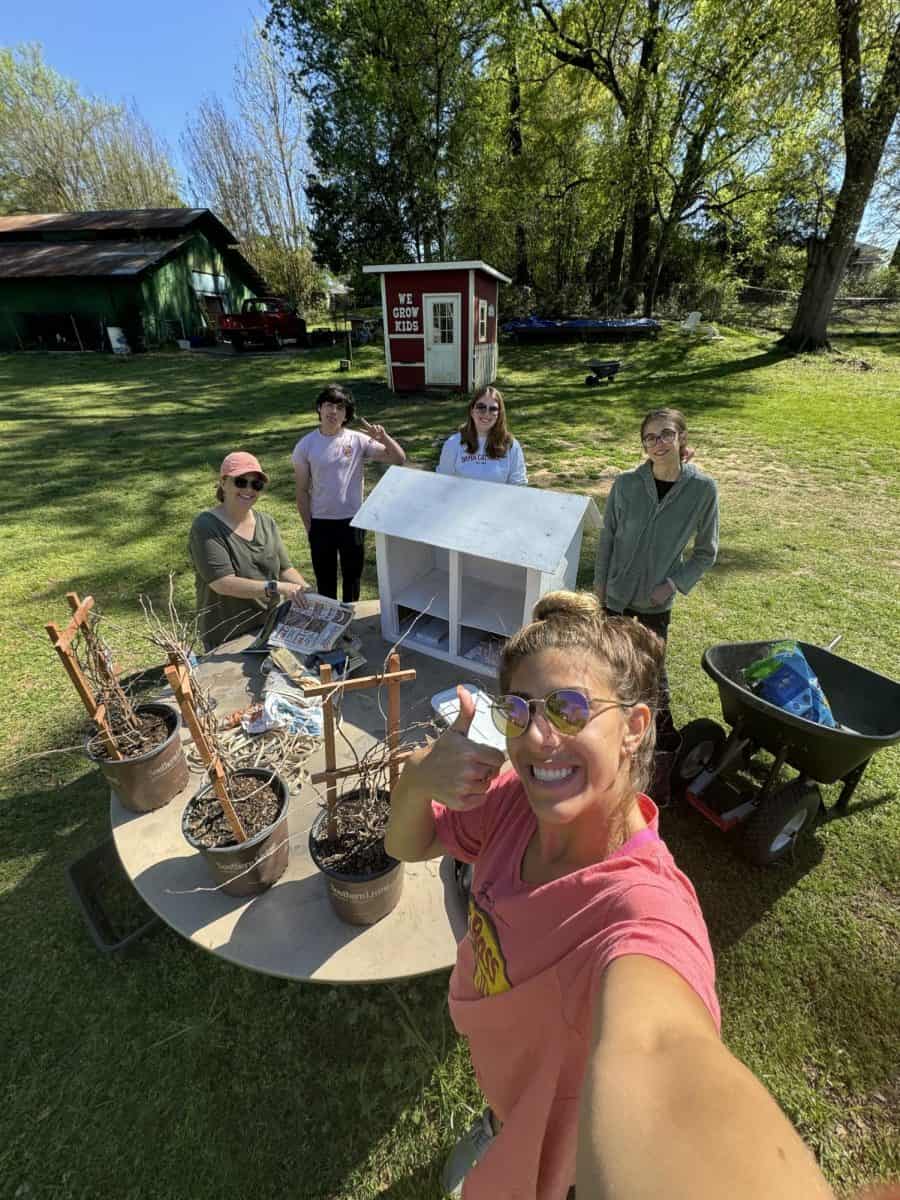I have harped on the importance of documentaries before, and I truly believe they are an incredibly important art form, especially at a time when so much of the news we receive is condensed into thirty-second sound bytes. Two weeks ago, I spent five days in Durham, N.C., at the Full Frame Documentary Festival. This annual, four-day festival is one of the largest documentary film festivals in the United States and showcases documentaries that cover a wide variety of topics.
The increased affordability and availability of cameras and equipment is leading to an increase in the genre of personal documentaries. Michael Moore revolutionized the way personal documentaries are made with “Bowling for Columbine” and “Fahrenheit 9/11,” and Morgan Spurlock’s film, “Supersize Me” is perhaps the most widely recognized documentary of the 21st century.
Of the 11 films I saw at Full Frame, three of them stand out to me as important films that I believe should be viewed by all college students. These films combined elements of personal documentaries with the more classical narrative structures.
The first film is “The House I Live In.” Director Eugene Jarecki’s film is a story about the evolution of America’s war on drugs into the absurd and complicated series of laws that has developed today. Jarecki traces the story of his childhood nanny, whose son died from drug-related problems. Jarecki’s personal narrative is brilliantly juxtaposed with the stories of individuals impacted by the war on drugs. Policemen, drug dealers, and users are all interviewed in the film, and David Simon, creator of “The Wire” is perhaps the most powerful interview in the film.
Resentment toward Wall Street and the supposed evils of big business has grown dramatically over the past decade, and its frustrations were felt most recently in 2011 with the Occupy Wall Street movement. “Big Boys Gone Bananas!*” tells the story of one man’s attempt to take on Dole Food Company. Swedish filmmaker Fredrik Gertten’s first film in the series, “Bananas*” is a documentary about a lawsuit filed by Nicaraguan banana pickers who claimed they had been sterilized by a pesticide used by Dole. Shortly after the premiere of “Bananas*,” Dole sued Gertten, claiming defamation. Gertten immediately picked up the camera and began chronicling the absurd lawsuit that was brought against him. “Big Boys Gone Bananas!*” follows Gertten as he attempts to fight hostile attacks made by Dole.
What we eat and where it comes from is becoming a growing concern for many Americans. “Eating Alabama,” directed by University of Alabama professor Andy Grace, is Grace’s personal narrative about trying to live for a full year eating only Alabama-grown food. More than just a story of his struggle to find food in a corporate-driven agricultural world, “Eating Alabama” is an examination of the ways we eat and what modern farming means for the future of Alabama.
Social justice issues seem to be the bread and butter for many college students, and documentaries are a great way to share information about these issues. Instead of over-stylized and clichéd movements like KONY 2012, documentaries like the ones mentioned above are important examples of the individual stories that exemplify larger issues.







